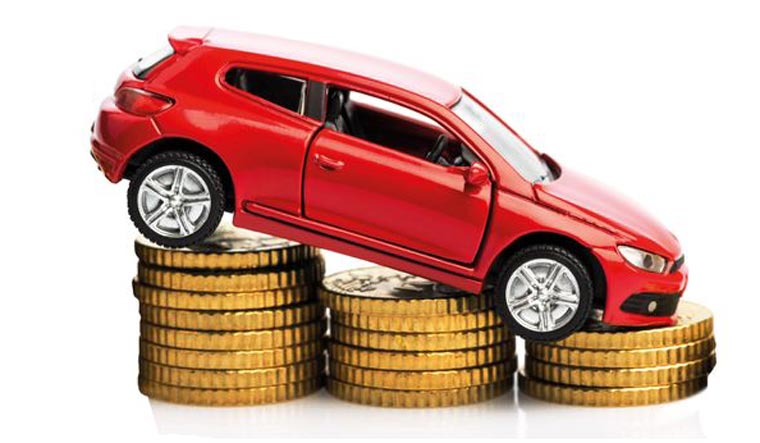Rating agency ICRA on Friday maintained a "negative" outlook on the passenger vehicle (PV) and commercial vehicle (CV) segments while maintaining a "stable" outlook on the two-wheeler OEMs and tractor segments.
The negative outlook on the PV sector was due to the slowing economic growth, the sharp decline in wholesale despatches to destock dealership inventory as well as tepid retail demand, Icra said in a release.
Industry demand has come under pressure over the last few quarters due to factors such as liquidity crunch and tighter financing environment, weak rural income and overall slowdown in economic activity which has adversely impacted consumer sentiments, as per the rating agency.
Dealership inventory level was at an elevated level (about 6-8 weeks) during the fourth quarter of the last fiscal, and subsequent inventory rationalisation measures by OEMs as well as dealerships have resulted in sharp 18 per cent decline in wholesale despatches during the first eight months of the current fiscal as compared to single digit decline in the retail volume over the same period, it said.
There was a sharp divergence in retail demand growth and wholesale despatches during the first half of FY20 as the focus was towards reducing inventory level, Icra said.
Dealership inventory currently stands around four weeks, and therefore the further scope of inventory destocking is limited, it said adding going forward, the wholesale demand will largely mirror retail demand in the near term.
ICRA also said it continues to maintain a negative year-end outlook for the CV segment over the near term, given the slowing economic growth, current overcapacity in the segment and tight financing environment.
It is expected that demand headwinds would continue over the near-term with likelihood of limited pre-buying ahead of the roll-out of BS-VI emission norms, as per Icra Going forward, the volume outlook for the next fiscal also remains muted given the macroeconomic headwinds and on-going credit crunch coupled with significant price hikes because of transition to the new emission norms, it said.
Improvement in the economic environment and resolution of liquidity constraints remain critical for a sustained revival in the industry. In absence of either, the rating agency maintains a subdued outlook for the industry for the next fiscal, Icra said.
Maintaining a "stable" outlook on two-wheeler segment for 12-18 months in spite of an on-going slowdown in two-wheeler sales and near-term volatility anticipated due to forthcoming BS-VI transition, Icra said this is supported by the expectation that credit profile of two-wheeler OEMs will continue to remain strong despite moderation in earnings.
Furthermore, the demand weakness in the domestic market has been partially offset by healthy growth in exports (up 6.5 per cent till November month of the current fiscal.
The rating agency expects BS-VI vehicle prices to be higher by 10-12 per cent from their BS-IV counterparts, leading to some pre-buying in the January quarter of the fiscal.
However, the demand may remain subdued in the first half of FY21 as consumers adjust to the new normal, it said.
Overall, ICRA expects industry volumes to contract by 8-10 per cent in FY2020, with some moderation in decline in H2.
Amidst subdued demand and high cost of production of BS-VI portfolio, the operating margins of two-wheeler OEMs are expected to moderate marginally from current levels, Icra said adding the OEMs are expected to continue to invest towards new product development, technologies and enhancement of domestic and overseas sales network.
According to the rating agency, notwithstanding the contraction in tractor sales during the current fiscal, it has maintained a stable outlook for the tractors segment, as it expects a gradual improvement over the next 12-18 months.
This will be aided by expectation of improved agriculture cash flows (from the upcoming rabi season) and government's continued commitment towards rural development and agri-mechanisation, a critical component in improving the state of agriculture in the country, as per Icra.
The demand sentiments in the domestic tractor industry have remained weak since the turn of the calendar year, led by weak farm cash flows as well as high-base effect following three years of steady growth in tractor volumes, it said.
Overall, ICRA expects industry volumes to contact by 7-9 per cent in FY2020, with moderation in decline in volumes likely to be seen in H2 FY2020, it said.


